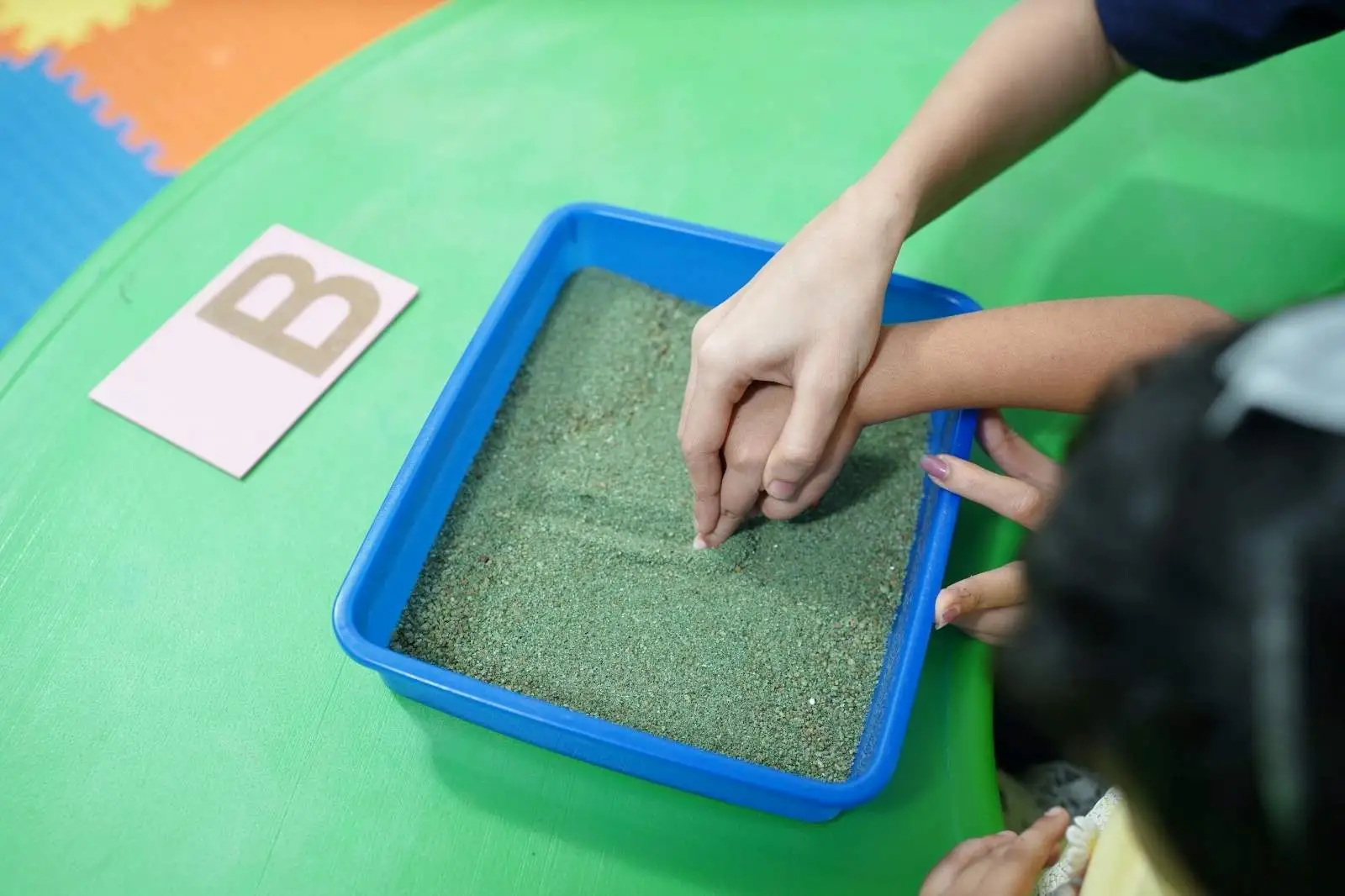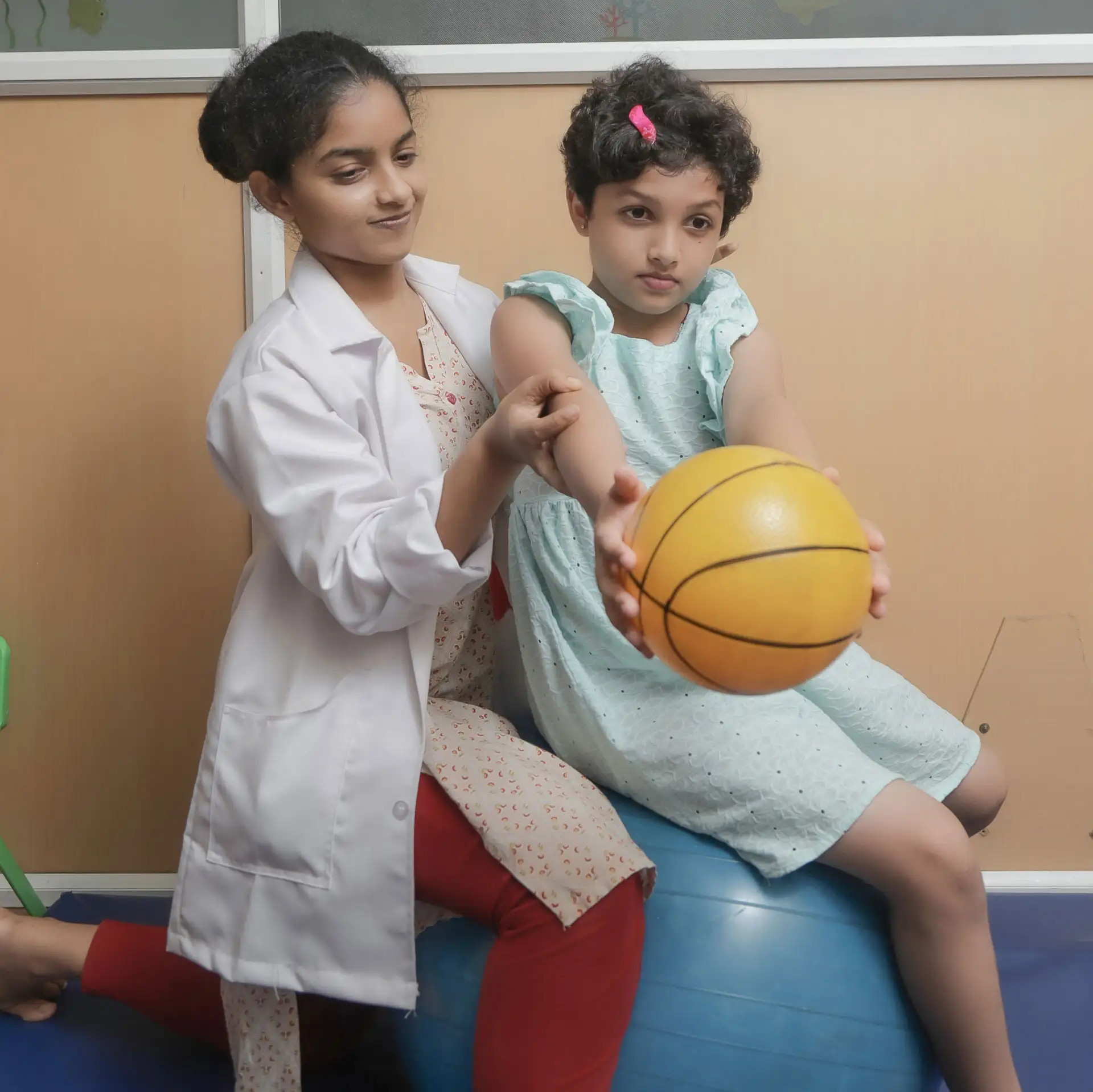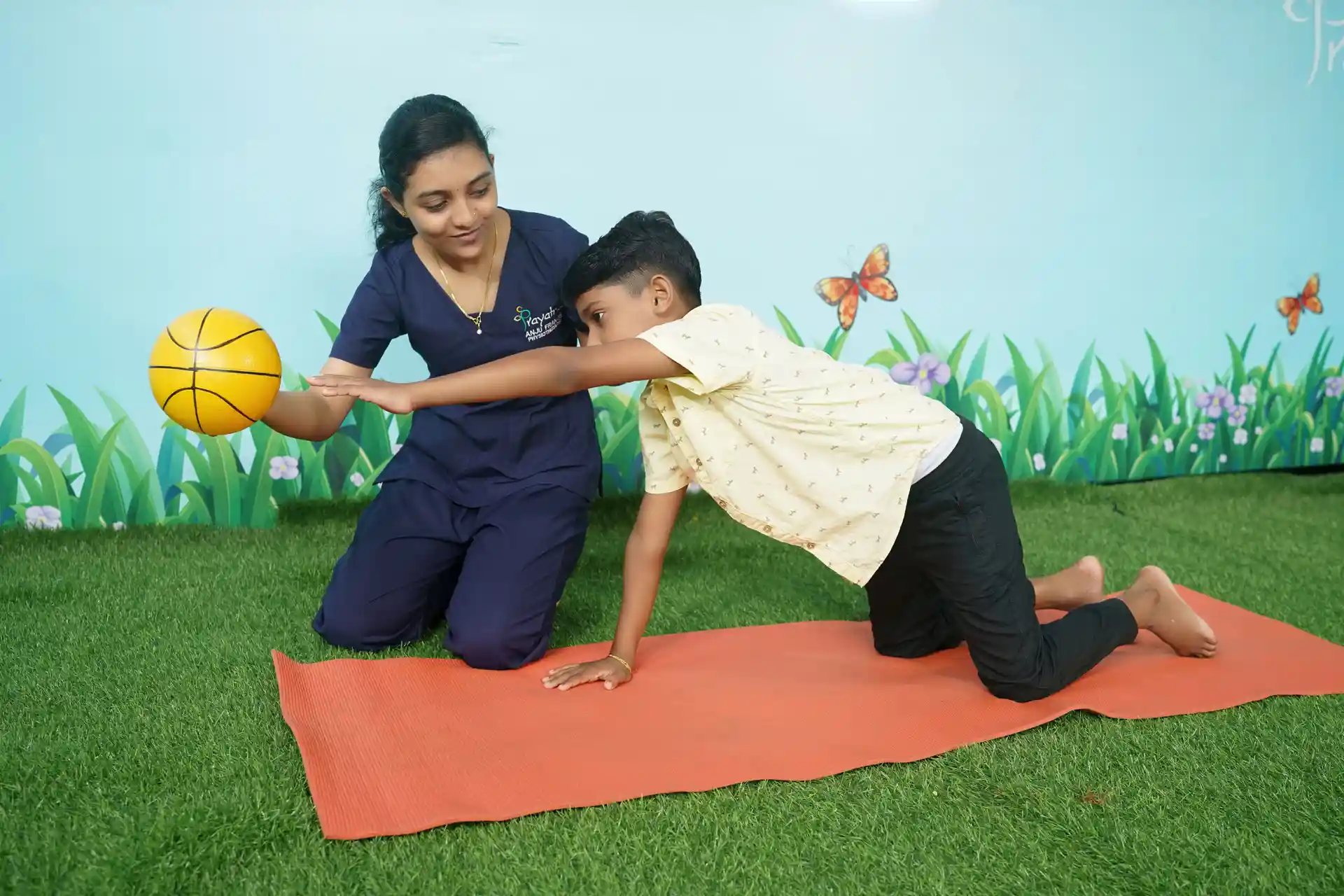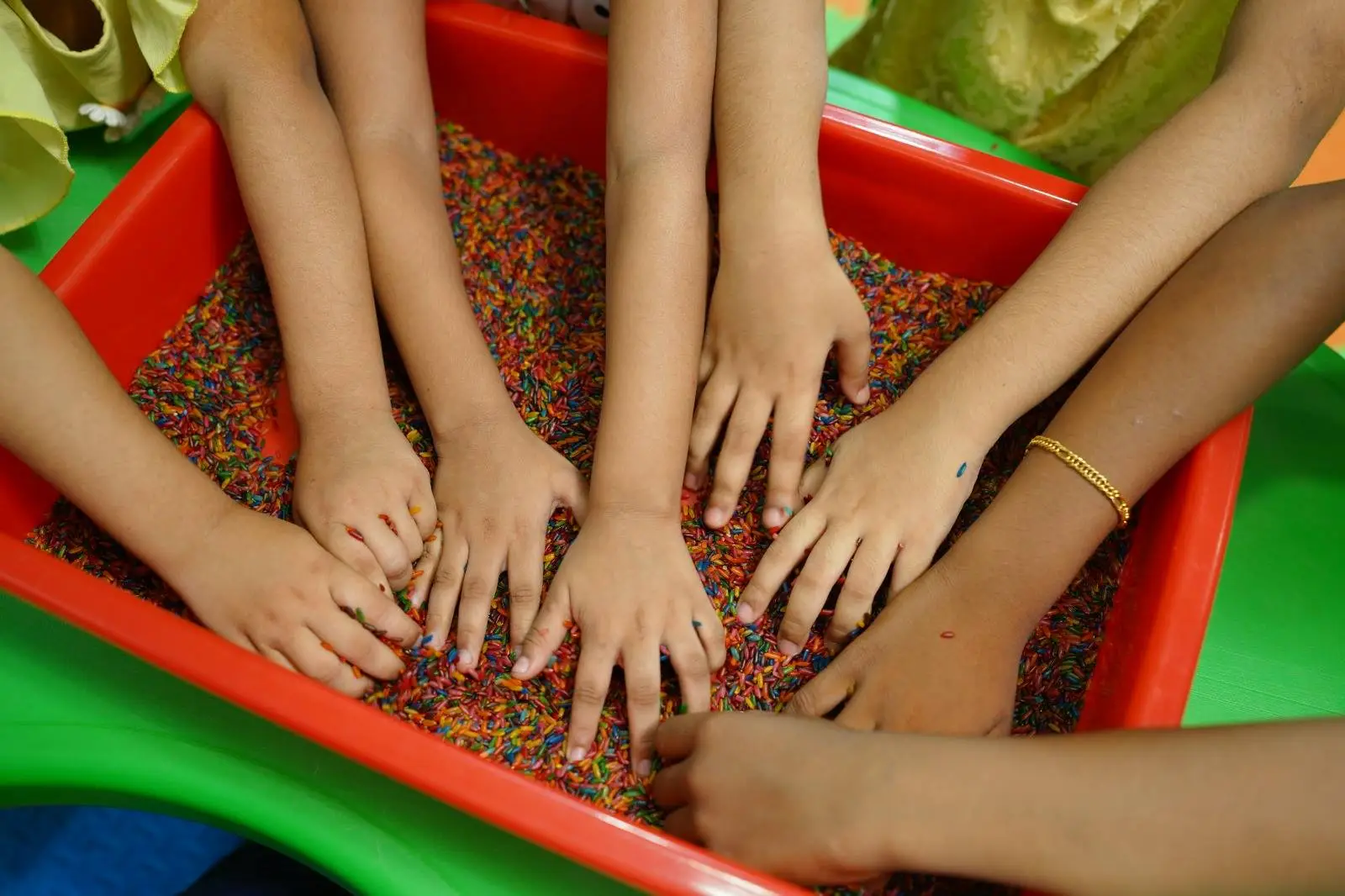
Empowering NRI Parents Through Online Therapy
In the dynamic and diverse realm of non-resident Indians (NRIs), the journey of nurturing a child with developmental concerns can often feel like navigating uncharted

We offer pediatric physiotherapy with an emphasis on Neuro-Developmental therapy that encourages independent movement and optimum functioning in children with a variety of medical conditions. Prayatna provides a safe environment for therapy, and our certified therapists have the right skills required to assess, care and motivate your child.
Parent training is part of our treatment process for continuing practice at home. Regular practice helps improve skills and ensures progress. At Prayatna parental involvement is ensured at every step helping build trust and confidence in us.


Our physiotherapist assesses gross motor abilities of the child using systematic assessments, plans out remedial exercises and administers therapy to improve functional abilities of the child. Our therapists devise a treatment plan that is geared towards the holistic development of your child.
Therapist works closely with all those involved in the developmental process of the child including families, teachers, doctors and other health professionals, for achieving the desired outcome. Depending upon your child’s age and condition, our therapist focuses on developing various age-appropriate developmental or functional skills to improve functional independence.
Movement difficulties in children may be present from birth, acquired due to accident/ injury or as a result of ageing or life changing events. Physiotherapy uses different exercises, special positions, manual therapies, casts, splints, braces etc. to help improve individual’s skills related to movements and reduce pain and stiffness in the problem areas.


Early diagnosis and treatment help children improve their functional mobility & strength making them more independent.

In the dynamic and diverse realm of non-resident Indians (NRIs), the journey of nurturing a child with developmental concerns can often feel like navigating uncharted

Clinically Reviewed By Dr. Lisha P Balan Clinical Psychologist “When early intervention is delayed, it takes four times as long to intervene in Fourth Grade

Written By Anju Francis, MPT Physiotherapist The first step a child takes will be the proudest and most joyful moment in a parent’s life. However,
Pediatric physiotherapy, also known as pediatric physical therapy, is a specialized branch of physical therapy that focuses on assessing, diagnosing, and providing treatment for infants, children, and adolescents with a wide range of movement and developmental issues.
Pediatric physiotherapy can help with conditions such as developmental delays, cerebral palsy, muscular dystrophy, spina bifida, torticollis, brachial plexus injuries, sports injuries, orthopedic conditions, and neuromuscular disorders.
The primary goal of pediatric physiotherapy is to enhance a child’s physical abilities, promote motor development, improve movement patterns, increase strength and flexibility, and optimize overall functional independence and quality of life.
Pediatric physiotherapy is tailored to the unique needs of growing children. It considers their developmental stages and growth patterns, focusing on age-appropriate interventions to address physical challenges and optimize motor skills.
Pediatric physiotherapy involves a combination of hands-on techniques, exercises, play-based activities, and assistive devices. Treatment plans are customized based on the child’s specific needs, abilities, and goals.
During an assessment, the pediatric physiotherapist evaluates the child’s movement, strength, balance, coordination, posture, and range of motion. They also consider the child’s medical history and any relevant developmental milestones.